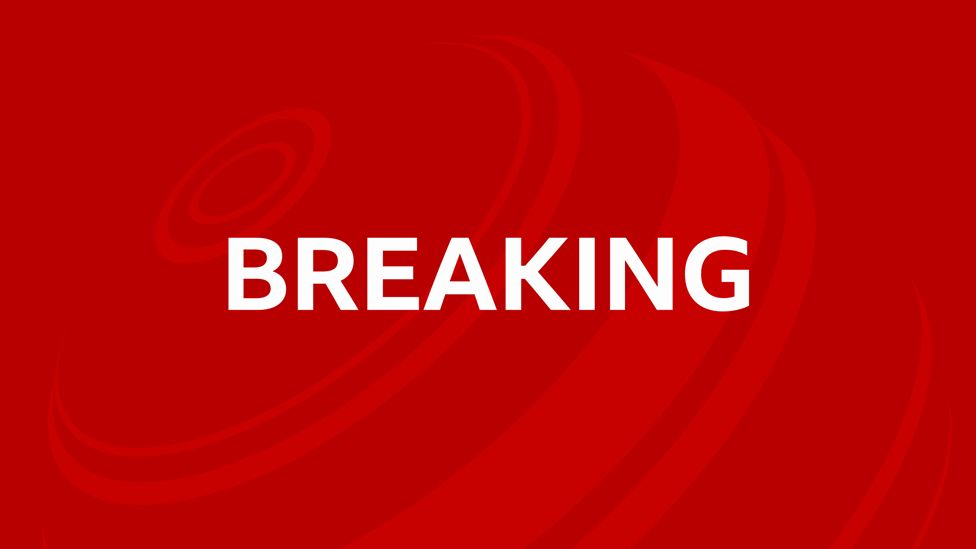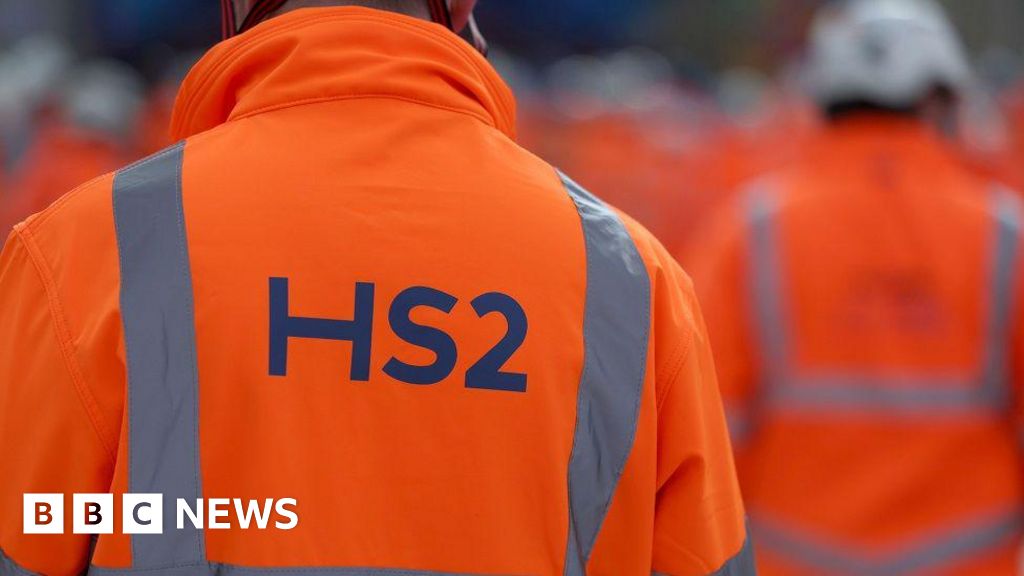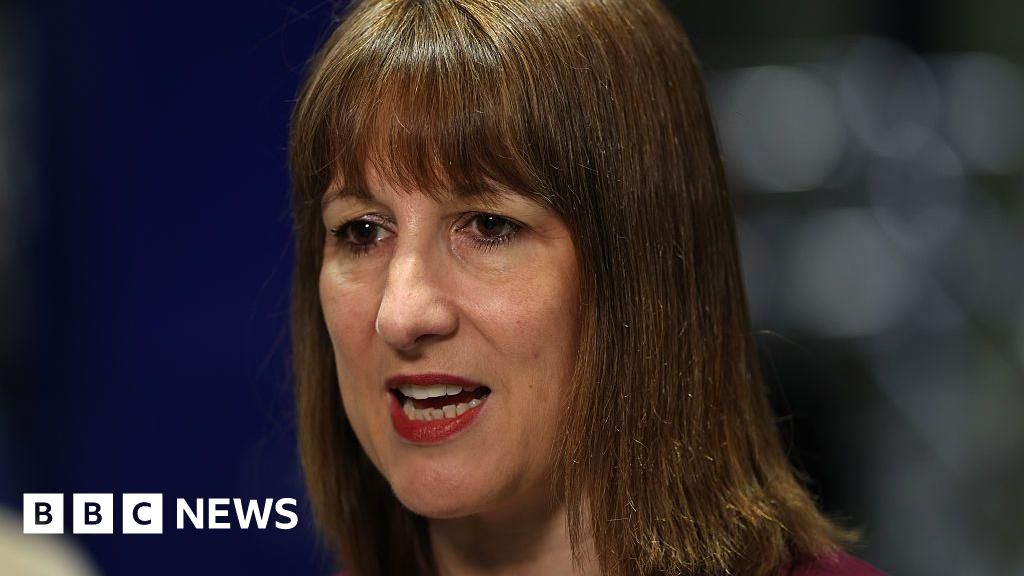ARTICLE AD BOX

UK interest rates have been raised more than expected by the Bank of England as it battles to control stubbornly high price rises.
The Bank increased rates to 5% from 4.5%, the highest level since 2008.
The move will lead to a rise in repayments for many mortgage holders who are already facing soaring borrowing costs.
However, it should in theory mean better rates for savers, if banks decided to pass them on.
It comes after official data on Wednesday showed that inflation, the annual rate at which prices go up, was stuck at 8.7% in May - much higher than expected.
The Bank's Monetary Policy Committee (MPC), which sets UK rates, said that inflation in the services sector remained persistently high, while wages were growing faster than it had predicted back in May.
It added that impact of "domestic price and wage developments… were likely to take longer to unwind than they did to emerge".
The MPC voted 7-2 in favour of a half percentage point rise - its biggest hike since February.
Two members of the committee voted to keep rates on hold.
In a letter to Chancellor Jeremy Hunt, the Bank's governor Andrew Bailey said that overall inflation was still set fall "significantly" during the course of the year as energy prices come down.
But he added that the Bank would continue to monitor inflation closely, and would further tighten monetary policy if there "were evidence of more persistent pressures".
Interest rates remain the Bank's primary tool to lower inflation, despite debate over its effectiveness.
The theory is that raising interest rates makes it more expensive to borrow money, meaning people have less to spend, and so bringing down demand and therefore easing price rises.
However, the process also drags on the UK economy, which is struggling to grow. It is also forcing mortgage lenders - who are affected by the Bank's base rate - to put up their own rates.
According to financial data firm Moneyfacts, the average two-year fixed residential mortgage now stands at 6.19% while the five-year rate is 5.82%. In June last year, those rates were closer to 3%.
Millions of first time buyers and those about to re-mortgage are feeling the pinch and there have been calls for the government to step in - something it says it will not do.
Influential think tank the Institute for Fiscal Studies (IFS) has warned higher rates could result in a drop of more than 20% in disposable income for 1.4 million mortgage holders.
The Bank said it was "continuing to monitor closely the impact" of the significant increase in the Bank rate so far.
It added that given the number of people yet to come off fixed-rate mortgage deals, the full impact of recent rate rises would "not be felt for some time".
The Bank is tasked with keeping inflation at 2% but the current inflation rate is well above this. In response, the Bank has been steadily raising interest rates since the end of 2021.

 1 year ago
33
1 year ago
33








 English (US) ·
English (US) ·